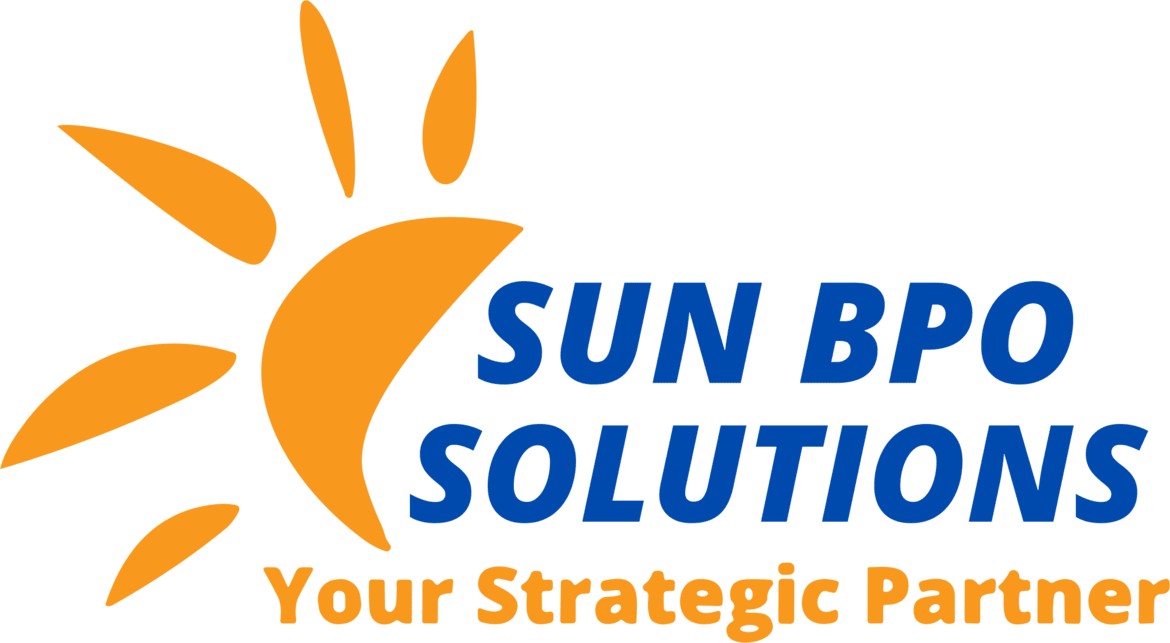Table of Contents
Introduction
In the competitive landscape of digital marketing, choosing the right advertising platform can make or break your campaign. Two giants—Google Ads and Facebook Ads—dominate the space, each offering unique benefits. If you’re wondering, Google Ads vs. Facebook Ads: which platform truly delivers better ROI (Return on Investment)? Both platforms dominate the digital marketing space, offering unique features and targeting capabilities., this blog will help you understand their differences and choose the best advertising platform for your needs.
Google Ads: The King of Search Advertising
What Is Google Ads?
Google Ads is a search intent-based advertising platform that allows businesses to display text, shopping, or display ads to users actively searching for specific keywords. With access to billions of daily searches, Google Ads connects you directly to potential customers looking for your products or services.
Benefits of Google Ads
- High Purchase Intent: Users search for solutions, making them more likely to convert.
- Precise Keyword Targeting: Use long-tail keywords like “best advertising platforms for small businesses” to reach a niche audience.
- Extensive Reach: With Google’s Display Network, your ads can appear across millions of websites.
- Pay-Per-Click Model: Only pay when someone clicks your ad, ensuring cost-efficiency.
When to Choose Google Ads
Google Ads is ideal for:
- Local businesses use location-specific keywords like “plumbers near me.”
- Businesses offering immediate solutions (e.g., emergency services).
- E-commerce brands targeting high-intent shoppers.
Facebook Ads: The Powerhouse of Social Advertising
What Is Facebook Ads?
Facebook Ads is an interest-based advertising platform that leverages extensive user data to target specific demographics, interests, and behaviors. Ads appear across Facebook, Instagram, Messenger, and Audience Network.
Benefits of Facebook Ads
- Advanced Audience Segmentation: Target users based on interests, behaviors, and demographics.
- Creative Ad Formats: Leverage engaging formats like video ads, carousel ads, and stories.
- Lower CPC: Cost-effective for building brand awareness and driving engagement.
- Broad Social Reach: Reach millions of users across various social media channels.
When to Choose Facebook Ads
Facebook Ads excels for:
- Building brand awareness for startups and small businesses.
- Reaching niche audiences through detailed targeting.
- Showcasing visually appealing products via carousel or video ads.

Google Ads vs. Facebook Ads: A Detailed Comparison
📈 Google Ads: Targets users with high purchase intent through keywords like “best online advertising platform” or “Google Ads vs. Facebook Ads which is better.”
🎯 Facebook Ads: Targets users based on interests, making it ideal for top-of-the-funnel campaigns.
📈 Google Ads: Higher cost-per-click (CPC) but delivers high-intent leads.
🎯 Facebook Ads: Lower CPC, making it cost-effective for engagement and brand awareness.
📈 Google Ads: Text-based search ads, display ads, shopping ads, and video ads via YouTube.
🎯 Facebook Ads: Dynamic ad formats like stories, carousel ads, and visually engaging video ads.
📈 Google Ads: Higher conversion rates due to intent-driven searches.
🎯 Facebook Ads: Drives long-term brand engagement, which can lead to conversions over time.
📈 B2B businesses, local services, and high-ticket products.
🎯 E-commerce, lifestyle brands, and businesses targeting younger demographics.
Google Ads vs. Facebook Ads: Key Metrics Comparison
| Audience Targeting |
| Cost Per Click (CPC) |
| Reach |
Best Advertising Platforms for Small Businesses
Both platforms offer unique advantages, making them contenders for the best advertising platform. However, small businesses often benefit from combining the two:
- Start with Facebook Ads to build awareness and engage a broader audience.
- Use Google Ads to retarget high-intent users and drive conversions.
Real-Life Example: Combining Google Ads and Facebook Ads
Scenario: Launching a New Product
- Facebook Ads Strategy: Use video ads to showcase the product, targeting specific demographics and interests.
- Google Ads Strategy: Target keywords like “best advertising platforms for small businesses” and “Google Ads vs. Facebook Ads which is better” to capture high-intent searches.
Results:
- Increased brand awareness through Facebook Ads.
- Higher conversions via Google Ads, resulting in a 5x ROI.
Maximizing ROI with Both Platforms
Many businesses find the best results by combining the strengths of both platforms:
- Start with Facebook Ads: Build awareness and retarget users who engage with your ads.
- Leverage Google Ads for Conversion: Use Google Search Ads to capture high-intent traffic.
- Measure and Optimize: Continuously track metrics like CPC, CTR, and ROI to fine-tune campaigns.
Final Thoughts
When it comes to choosing between Google Ads and Facebook Ads, there’s no one-size-fits-all answer. By understanding your business goals, audience, and budget, you can decide which platform aligns with your objectives. For the best results, consider a hybrid strategy that leverages the strengths of both platforms.
Ready to maximize your ROI? Let’s craft an advertising strategy tailored to your business!
Stay updated with SunBPO Solutions for the latest trends, insights, and strategies to keep your business ahead of the curve!
FAQ
What is the best online advertising platform?
The best platform depends on your business goals. Use Google Ads for direct conversions and Facebook Ads for building brand awareness.
Which platform is better for small businesses?
For small businesses with a limited budget, Facebook Ads offers lower CPC and broader reach, making it a great starting point.
Can I use both platforms together?
Yes, combining both platforms allows you to target different parts of the customer journey, maximizing ROI.





0 Comments